Civil society organization and election observers, YIAGA Africa, believes that despite the relative success of the Liberian general election that pitted incumbent President, George Oppong Weah and opposition candidate Joseph Boakai, there are a few valuable lessons the country can gain from Nigeria.
Liberia’s presidential election on October 10 divided opinions across Africa as the country with an estimated number of 5.4 million people went to the polls to decide their next leader.
Join our WhatsApp ChannelJoseph Boakai, 70, is the flagbearer of the Unity party (UP) while Weah, who was former World, African and European Footballer of The Year winner in 1995 is running for another tenure in office is standard bearer representing the Congress For Democratic Change. (CDC).
YIAGA Africa’s Executive Director, Nigeria’s Samson Itodo, in a programme on Arise News as monitored by Prime Business Africa, ran the rules on what the Liberians can do to hold a better election as both men get set for a Presidential run off on November 7.
“It’s the four consecutive election and that’s a country that experienced two consecutive elections. There’s very few countries in the world that go through those experiences,” the YIAGA Africa Director stated.
“It was good to see that the election was peaceful to a large extent but more importantly it was an election of many firsts.
Detailing what he referenced to, Itodo went on: “This is the first time Liberia was going into an election with a biometric voter register.
“So if you want to compare Liberia and Nigeria, Nigeria is quite ahead in terms of technology because of our use of biometrics register despite the the gaps within the register.
“They’ve always used manual register but this time last year, they conducted a National Census. So they had a a, National census and biometric registration.

Technology does have its issues, vulnerability and challenges but they can learn a lot on how we (Nigeria) have used technology in electoral processes.
“We’ve seen cases of they knew they had a biometric register but the accreditation process was in manual, so you come with your voters card and they check the register and your name is ticked. It also slowed the process.
“If you introduce technological divide to bridge that gap, it would help,” Itodo further asserted.
Izuchukwu Okosi is a Nigerian sports and entertainment journalist with two decades of experience in the media industry having begun his media journey in 2002 as an intern at Mundial Sports International (MSI) and Africa Independent Television (AIT), owners of Daar Communications Plc.




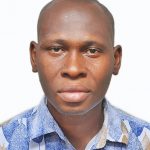
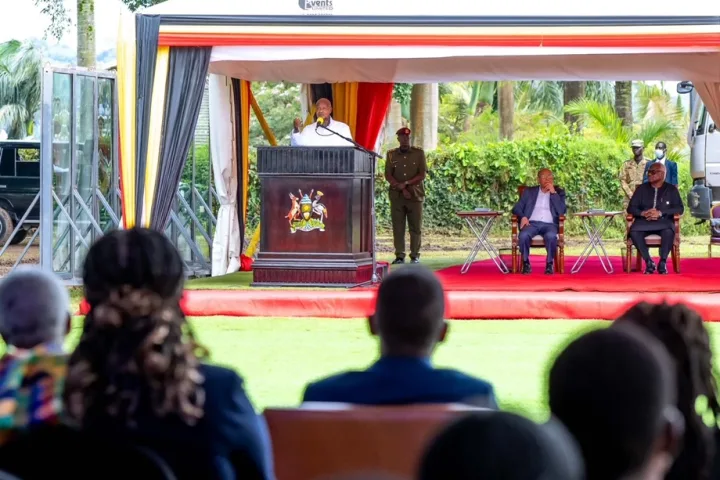
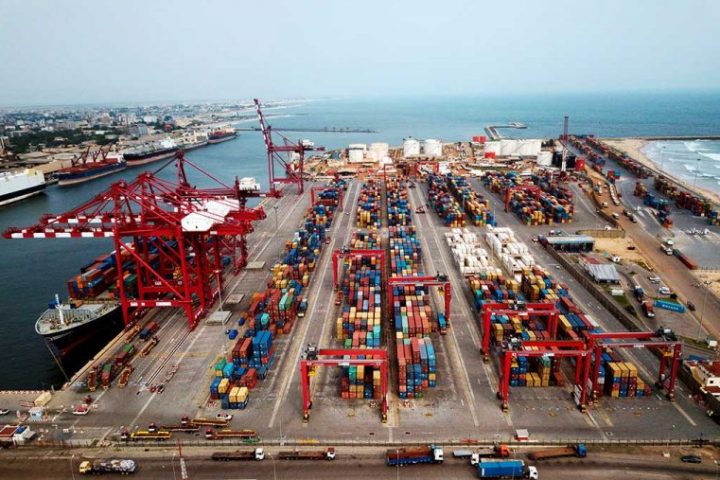








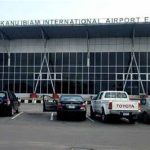
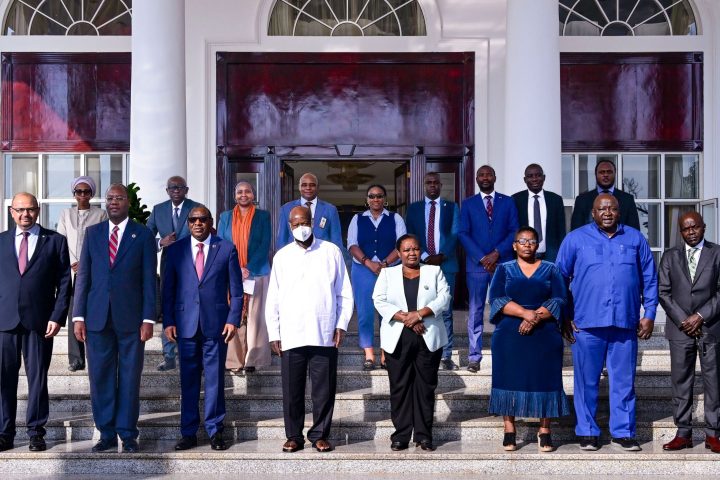

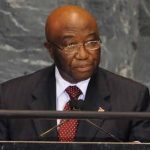
Follow Us